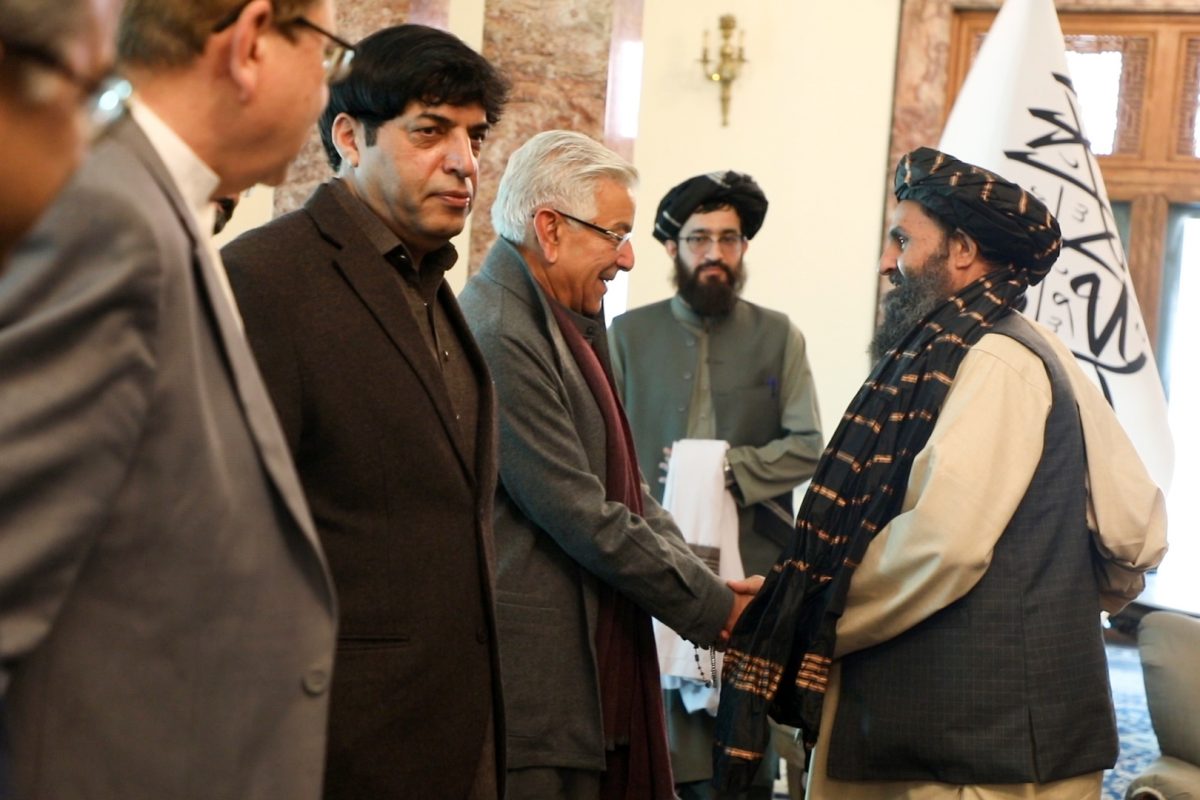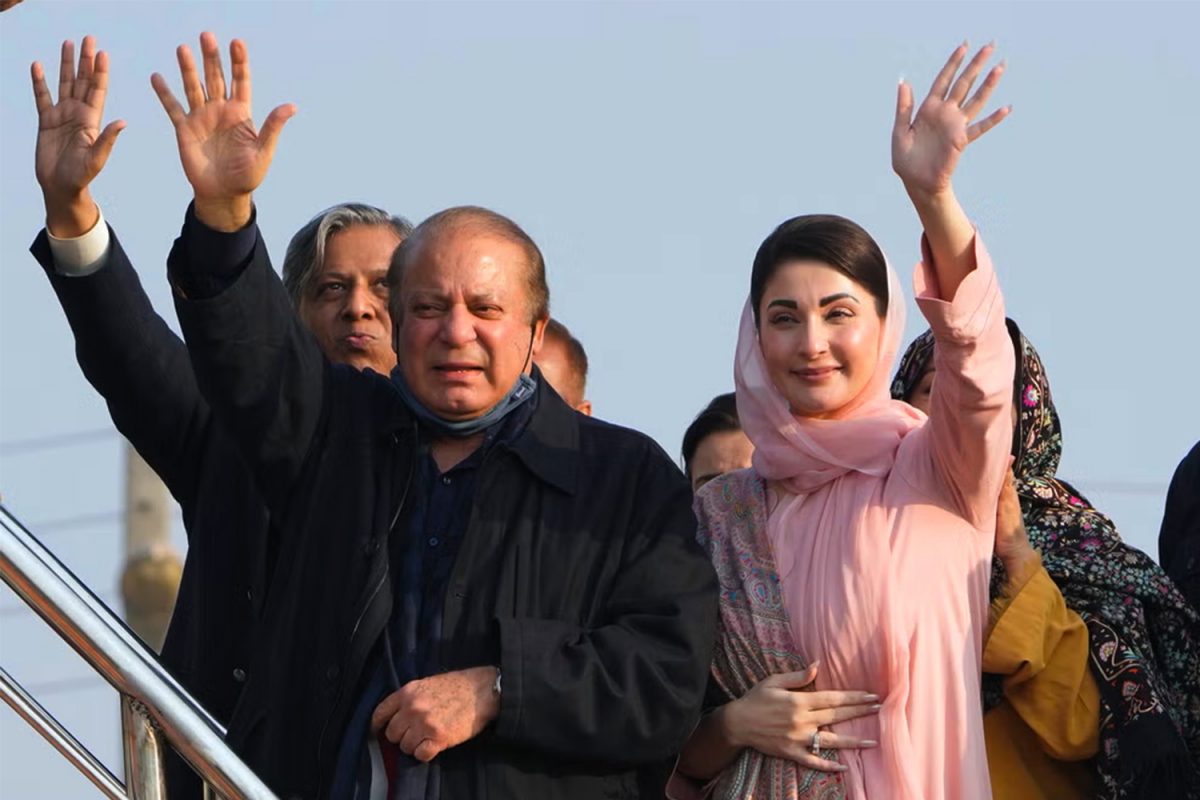As the 20th anniversary of 9/11 approaches as well as the subsequent invasion of Afghanistan, the US presence is coming to an inglorious end in the mountainous country. US forces under the cover of the night abandoned its main air base in Bagram, north Afghanistan recently.[1] Despite the two-decade long occupation US officials had no confidence in the forces it’s been training and did not even officially hand over the base to the Afghan forces. The Taliban claim they now control over 80% of the country and the losses of the US established Afghan government are reaching a tipping point. The recent inglorious departure of US forces looks like the US is now the latest victim in the graveyard of empires.
There is little doubt the US invasion and occupation has been a complete disaster from a military perspective. The US had its eyes on Central Asian energy in the 1990s and all the new pipelines from the region would need to go through Afghanistan and to Pakistan and India to international markets. As the Taliban were not playing ball the US came to see regime change as necessary to gain Central Asia’s energy. Regime change came to be the strategy for the neocons to make the 21st century the American century. Their perception of US strengths saw them arrogantly believe they could remove regimes for their own agenda. Despite Pakistan managing Afghanistan and working with the US against the Soviet Invasion back in 1980s, the neocons believed they didn’t need Pakistan to pacify Afghanistan in the 21st century. So arrogant were the neocons they began another war in Iraq in 2003 when the Taliban regime fell within a month of the US invasion. The US established a new regime which has never been able to impose its power beyond the capital and the Afghan security forces have never been able to secure the nation. With the Taliban returning from 2005 and increasing its control of the country the US was forced to accept by 2009 that it had failed to pacify the county and would never be able to defeat the Taliban and get the Afghan army and regime to confront the Taliban.
With the Taliban returning from 2005 and increasing its control of the country the US was forced to accept by 2009 that it had failed to pacify the county and would never be able to defeat the Taliban and get the Afghan army and regime to confront the Taliban
From 2010 the US began to engage the Taliban and pursued a multifaceted approach to bring them to the negotiating table. Talks began indirectly, then moved to neutral locations, then these turned into formal talks which eventually converted into direct talks and under President Trump they became the intra-Afghan peace process. The fact the US was even negotiating with the enemy it invaded the country to remove showed how big a failure the US invasion was. But the Taliban from a winning position, who didn’t need to negotiate as they were winning on the battlefield, negotiated with the US and eventually agreed to stop attacking US forces, as long as they left the nation and the US agreed to this, so long as Afghanistan was not used to launch attacks against the US. The Taliban agreed to this and has not attacked US forces ever since, but it has been attacking the Afghan army and the government who are in all likelihood months away from collapsing. The Taliban of today are very different from the Taliban of the past. Today the Taliban regularly meet and hold talks with the Iranian regime in Tehran and meet Russian officials in Moscow, something unthinkable a few decades ago. Taliban spokesman Suhail Shaheen recently outlined: “We welcome them (China). If they have investments of course we ensure their safety. We have been to China many times and we have good relations with them.” The Taliban spokesman also said his group would not allow any “separatist group, including East Turkistan Islamic Movement, from operating in Afghanistan.”[2] For the US, its strategy of using Afghanistan in order to secure Central Asia, this required a stable government in Afghanistan. The regime the US established with warlords and the Northern Alliance back in 2001 has been a complete failure. Therefore, if the Taliban can achieve stability in the country, this achieves US interests as the Taliban have no regional ambitions and lack the capability to project power beyond Afghanistan. Despite taking over the whole country, the Taliban are no threat to US strategic interests.
The fact the US was even negotiating with the enemy it invaded the country to remove showed how big a failure the US invasion was
The US could have avoided the cost, losses and humiliation by pushing Pakistan to secure Afghanistan for it back in 2001. Pakistan’s military and ISI supported the Mullahs along the Durand line in the 1990’s that became the Taliban and then supported them to take over Kabul and become the government in 1996. But the neocons who came to dominate the George W Bush government in 2000 believed US superiority meant they didn’t need to engage in the region via Pakistan but could do the heavy lifting themselves. But the US was forced to engage Pakistan by 2005 when the resistance in Afghanistan was bleeding the US to death. The US once again turned to Pakistan and forced it to launch operations in the tribal areas and halt support to the resistance in Afghanistan. This destabilised Pakistan and cost numerous lives as attacks by the victims of Pakistan operations in the tribal belt began inside Pakistan. The US criticised Pakistan for not doing enough, as the resistance continued to grow in Afghanistan. But after two decades the US has handed the responsibility of Afghanistan back to Pakistan.
Pakistan’s top military brass, despite their often-contentious relations with the US believe they are now getting the respect and importance they think they deserve. They believe it was them who stabilised Afghanistan and maintained it and the US invasion in 2001 caused the instability. It was Pakistan that brought the Taliban to the negotiating table to directly agree to a peace deal with the US. It would seem this new role for Pakistan to shore up US strategic interests in Afghanistan and the region is where all the talk about regional connectivity and Pakistan’s geo-economic potential has come from. The speech by General Bajwa back in April 2021 about including economic security as part of the comprehensive security framework and transforming Pakistan into an economic hub came in this context. This connectivity from various speeches from the military and politicians of Pakistan involves linking landlocked Central Asia to Pakistan’s Southern ports of Gwadar and Karachi (North to South connectivity), and to facilitate trade between India, Iran, Afghanistan and beyond (East to West connectivity). This would undermine Pakistan and China’s CPEC initiative, but it would appear Pakistan’s real rulers – the military top brass, prefer this as it places Pakistan at the centre of the region. General Bajwa’s revelations about burying the past and normalising relations with India back in April 2021 indicate this.[3] Prime Minister Imran Khan’s statement that he would not permit US bases in Pakistan after it withdraws from Afghanistan also indicates Pakistan’s real rulers are on board with the new regional strategy.[4] This is because such national security and strategic decisions are not made by the nation’s politicians but the real rulers of the country in the military and they have been silent about US bases.
It would seem this new role for Pakistan to shore up US strategic interests in Afghanistan and the region is where all the talk about regional connectivity and Pakistan’s geo-economic potential has come from
When the US accepted it could not win in Afghanistan it began engaging regional nations who over the last decade began taking on the burden and heavy lifting in Afghanistan. The US sees them continuing in these roles. Iran stabilised the north of Afghanistan and successfully persuaded the Northern Alliance to support US-backed Hamid Karzai as president. India has been playing a role in reconstruction efforts in Afghanistan, whilst China has made a number of investments in the country’s untapped mineral deposits. Similarly, Russia has not opposed the US in Afghanistan and provided the US with all the support it needed in the country giving logistical support for US supplies and intelligence. Russia even organised peace talks between the US constructed architecture in Kabul and the Taliban. The US has been working with these nations for the best part of a decade to manage Afghanistan and has enlisted their help when it withdraws its military and manages things from afar.
The Taliban of today are very different from the Taliban of the past. Today the Taliban regularly meet and hold talks with the Iranian regime in Tehran and meet Russian officials in Moscow, something unthinkable a few decades ago
What is taking place in Afghanistan and the political events that will transpire are because Afghanistan is now officially America’s 21st century Vietnam. But as the mountainous nation was only a means to an end, not an end in itself, the US has reoriented its presence and passed the heavy lifting to Pakistan and a host of regional nations. Internally it’s agreed for the Taliban to return as after two decades only they can bring stability and rule effectively and then serve US interests. The US has Pakistan if the Taliban goes too far, but from their statements the Taliban are pragmatic and have toned down their demands. In his speech at the White House in April 2021, regarding US military drawdown in Afghanistan President Biden made an interesting remark that encapsulated what is taking place in Afghanistan: “There are many who loudly insist that diplomacy cannot succeed without a robust U.S. military presence to stand as leverage. We gave that argument a decade. It’s never proved effective…. Our diplomacy does not hinge on having boots in harm’s way.”[5]
[1] US left Bagram Airbase at night with no notice, Afghan commander says – BBC News
[4] Pakistan’s Khan says ‘absolutely not’ to US bases | Daily Sabah
[5] Remarks by President Biden on the Way Forward in Afghanistan | The White House




